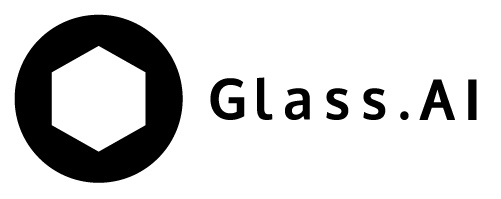UNESCO Applies Our AI to Launch the First Global Outlook on Racism and Discrimination.
UNESCO has launched the first-ever Global Outlook on Racism and Discrimination. For the first time, we have comparable benchmarks and evidence for countries globally. 🌍
Our AI technology in language understanding helped UNESCO identify millions of news articles and analyze/shortlist over 600,000 articles across countries (dating back to 2021). Below is the process we followed:
The report addresses critical gaps in equality data and provides actionable insights into the entrenched, systemic, and evolving nature of racism and discrimination worldwide. The report highlights the scale, complexity, and persistence of these issues, emphasizing both the urgency of action and the need for sustained vigilance to safeguard progress.
Verbal abuse emerges as the most common form of discrimination, accounting for 34% of cases globally, underscoring how harmful language perpetuates stereotypes and societal divides. Physical violence, while less frequent, represents 18% of cases, illustrating the tangible harm experienced by individuals.
Race emerges as the most frequent ground for discrimination, appearing in 38% of cases globally, followed by gender (33%), and ethnicity (20%).
Intersectionality — where overlapping identities compound vulnerabilities — is present in 21% of cases, with significant regional variations globally.
Institutions, including schools, workplaces, and law enforcement, are implicated in 27% of reported cases, demonstrating that societal biases are deeply embedded in structural systems.
Systemic discrimination, reported in 12% of cases, dominates the most severe incidents, comprising 60% of the most damaging forms — highlighting the entrenched barriers embedded in cultural, economic, and institutional frameworks.
The fight against racism and discrimination starts from all of us becoming aware of how much-ingrained stereotypes and socio-economic prejudices shape our thoughts and behaviours and need hard evidence able to guide individual and institutional actions alike.
This is exactly what this Outlook does: to provide compelling evidence about where we are and raise awareness about the harm done.
You can read and download the Outlook report here.
If you’re interested in researching themes or sectors globally, you can contact us at info@glass.ai.




